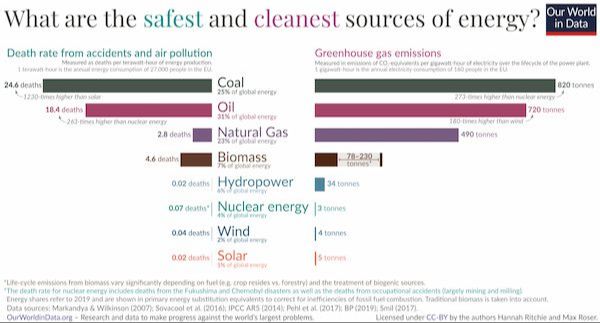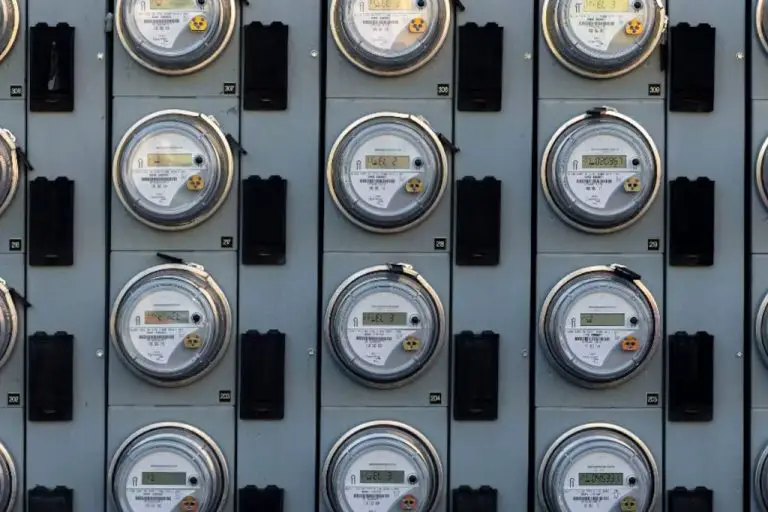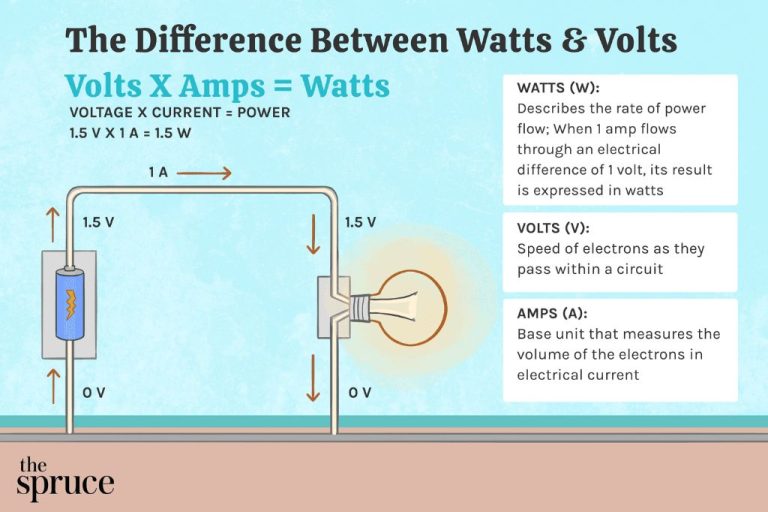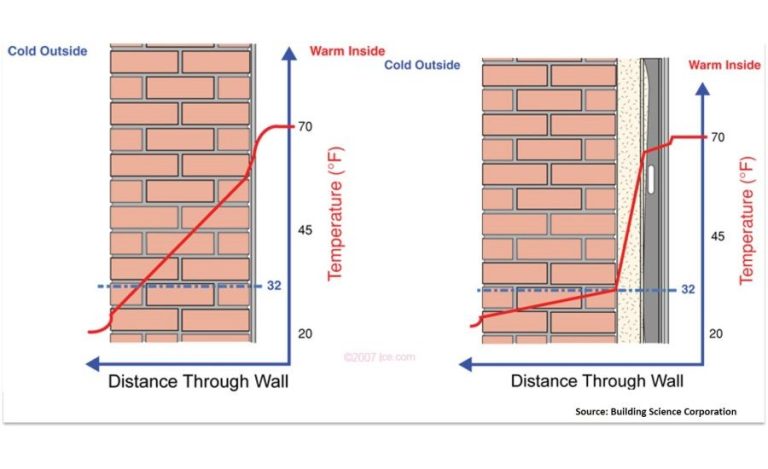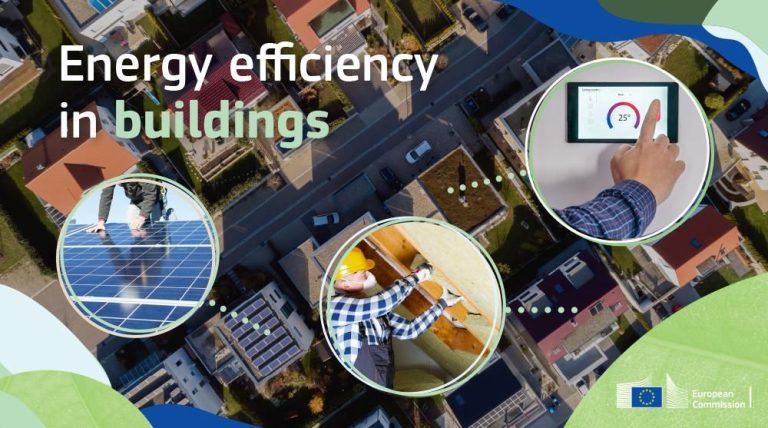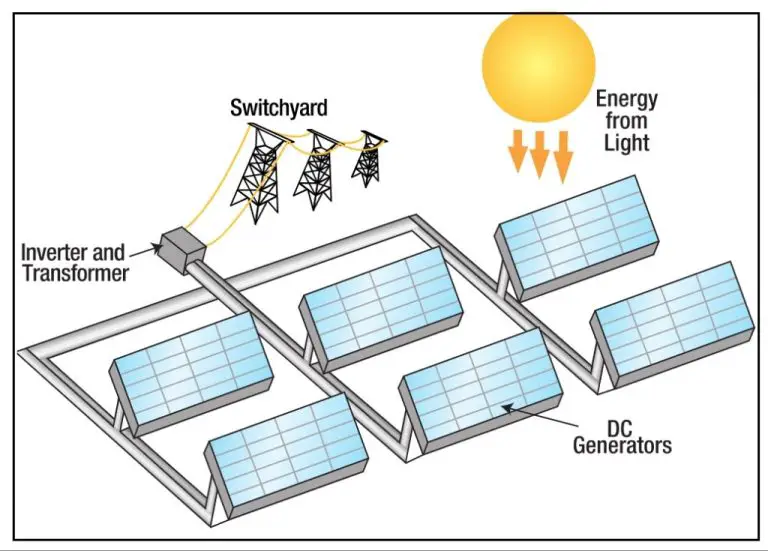Can I Get Rid Of My Smart Meter?
What are smart meters?
Smart meters are digital devices that record and transmit electricity usage data in real time back to the utility provider (Wikipedia). Unlike traditional analog meters that only measure total energy consumption, smart meters provide granular, time-based information on your electricity usage. This allows both you and the utility to analyze your consumption patterns and trends.
Smart meters communicate wirelessly and connect your home to the utility provider’s advanced metering infrastructure (AMI) network (Taraenergy). Using this two-way communication, the meter can receive commands from the utility, like instructions to limit electricity during peak demand times. The meter sends usage data back to the utility frequently, often multiple times per hour.
A major reason utilities are transitioning to smart meters is to have up-to-date information on supply and demand. This allows them to detect outages faster, read meters remotely instead of sending staff, and have data to develop more dynamic pricing models (Wikipedia). For customers, smart meters enable more control over energy use and costs.
Why do some oppose smart meters?
Some people and organizations oppose smart meters for a variety of reasons, including:
Privacy concerns
Some consumers worry that the real-time data collected by smart meters reveals too much personal information about their energy use habits and behaviors inside their homes (1). There are concerns that this data could potentially be shared with or accessed by third parties like law enforcement, marketers, or hackers without the consumer’s consent or knowledge.
Perceived health risks
Though no scientific evidence supports it (1), some believe the radio frequency waves emitted by smart meters could have negative health effects like headaches, insomnia, tinnitus and other symptoms. There are fears about long-term exposure and possible connections to serious illnesses like cancer. However, government agencies say smart meters emit radiation far below dangerous levels (2).
Cost concerns
Utility companies pass on the cost of installing smart meters to consumers through higher rates or extra fees (3). Some argue these costs outweigh any potential savings from the meters. There are also costs associated with opting out, like paying a monthly fee or upfront charges to keep an analog meter.
Can You Opt Out of a Smart Meter?
Policies for opting out of smart meters vary depending on your state and utility provider. Some states like California, Maine, and Texas have explicit opt-out policies, while others leave it up to the discretion of utility companies.
In most cases, there are fees associated with opting out. For example, in California, PG&E charges a $75 setup fee and $10 monthly charge to keep an analog meter. Some utilities like Duke Energy in North Carolina require a $150 setup fee and $11.75 monthly charge.
The process for requesting an opt-out also varies. Generally, you would contact your utility provider directly, either by phone, email, or submitting an opt-out form. Some utilities like PG&E require an initial $75 payment before installing an analog meter. The utility will then schedule a time to swap the smart meter for a traditional one.
It’s important to note that while opt-out is possible in many regions, utilities frequently discourage it due to claims of benefits from smart meters. Carefully review your state and utility policies before pursuing opt-out.
Sources:
https://www.ncsl.org/energy/smart-meter-opt-out-policies
https://www.pge.com/en/save-energy-and-money/energy-saving-programs/smartmeter/opt-out-program.html
What are the alternatives to smart meters?
Some customers who are concerned about smart meters want alternatives. There are a few options:
Keeping the old analog meter: Some utility companies allow customers to opt-out of smart meter installation and keep their existing analog meter. For example, SMUD in California offers several alternative meter options for customers who opt-out.
Using an analog meter guard: These devices claim to block some smart meter functions while still allowing basic meter reading. However, there is debate over their effectiveness. An example product is the AMI Meter Filter.
Going off-grid: Installing solar panels and batteries allows customers to generate their own electricity and eliminates the need for any utility meter. However, going completely off-grid requires a significant upfront investment.
Overall, keeping the existing analog meter or installing an analog meter guard are the most accessible alternatives. Completely discontinuing grid-tied utility service is possible but requires more complex planning and costs.
What happens if you remove a smart meter?
Removing or tampering with a smart meter without utility permission is illegal and can result in hefty fines and service disconnection. Utility companies own smart meters even if they are installed on private property. According to Consumers Energy, “Removing or disabling the meter is considered tampering and is illegal” (source). If you remove or disable your smart meter, the utility company will likely find out quickly since smart meters transmit usage data back to the utility frequently. When a meter stops transmitting data, the utility will send someone to investigate.
Once a removed or tampered smart meter is discovered, you will likely receive a warning and fees from the utility company. For example, Pacific Gas & Electric charges a $115 “tampering fee” to replace and reinstall a meter that has been tampered with. Continued tampering can result in service disconnection, additional fines, and even criminal charges (source). Before removing a smart meter, you must go through the proper opt-out procedures with your utility.
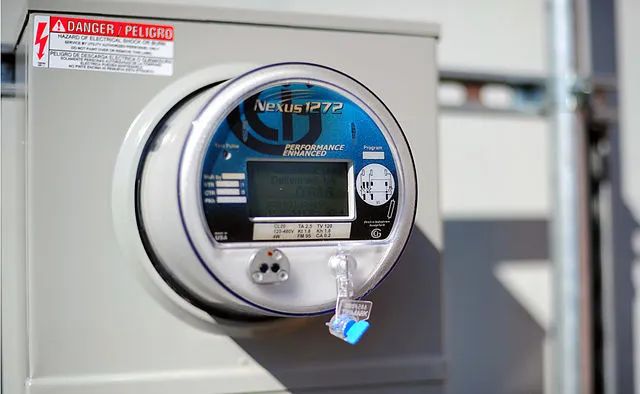
Legal considerations
When it comes to removing or opting out of a smart meter, there are some legal considerations to keep in mind. Utility regulations and state laws will determine what your options are.
In most states, public utility commissions regulate electric, gas, telephone, water and other public utilities. They oversee the rates and services of investor-owned utilities. So regulations on smart meters are generally established at the state level by utility commissions. According to the National Conference of State Legislatures, as of 2019 over 20 states had smart meter opt-out policies in place https://www.ncsl.org/energy/smart-meter-opt-out-policies.
For example, in Pennsylvania the Public Utility Commission regulates public utilities and has established rules around smart meter opt-outs. Customers can request a non-transmitting meter, but may have to pay fees such as a monthly opt-out fee or initial fee for installing a non-transmitting meter https://www.puc.pa.gov/General/consumer_ed/pdf/13_Smart%20Meters.pdf.
So if you are considering removing or opting out of a smart meter, check with your local utility commission first to understand the rules and potential fees in your state. Some states may prohibit customers from removing smart meters that have already been installed. Always follow proper legal procedures to avoid potential consequences.
How to remove a smart meter
While some homeowners attempt to remove smart meters themselves, it is highly recommended to hire a professional electrician to properly remove the device. Smart meters have complex internal components and trying to remove one without proper training can be extremely dangerous.
According to the Smart Meter Education Network, before removing a smart meter, you should first notify your utility provider and ask them to deactivate the meter [1]. Once the meter is deactivated, use proper safety precautions like wearing insulated gloves, safety goggles, and turning off the main circuit breaker to the property before attempting removal.
Professional electricians have the proper tools and training to safely remove smart meters without electrocuting themselves or damaging the electrical system. They can also legally dispose of the hazardous materials inside smart meters. Attempting a DIY removal risks legal issues, injury, and damage that likely outweighs the cost of hiring an expert.
Installing an analog meter
It is highly recommended that customers hire a professional electrician to install an analog meter. Improper installation can be extremely dangerous and even deadly. According to Lippolis Electric, a licensed electrical contractor should perform all meter installations in accordance with local building codes and utility requirements.
To install an analog meter, you will need safety equipment like insulated gloves, a non-contact voltage detector, and safety goggles. You’ll also need the proper analog meter for your home, which must match your utility service and meter socket. Basic mechanical aptitude is required, as the meter must be properly seated in the socket and aligned. According to Electra Health, carefully insert the analog meter into the socket by lining up the blade terminals correctly and tilting if necessary. Apply steady pressure to fully insert the meter. Double check that all wiring is correct before restoring power.
Again, safe and proper analog meter installation requires specialized technical expertise. Lippolis Electric emphasizes that customers should never remove or install a meter on their own unless they are a licensed professional. Otherwise, you risk equipment damage, injury, or even death.
Living without a smart meter
If you decide to remove your smart meter, you will need to work with your utility company to maintain service and handle billing without automated data collection. According to a 2021 article, some utility companies will charge an opt-out fee to read analog meters manually each month (https://www.cancer.org/cancer/risk-prevention/radiation-exposure/smart-meters.html).
Without a smart meter sending automatic usage data, the utility company will need to send staff monthly to visually read and record the meter. This means billing accuracy relies on manual meter readings being correct. Any billing discrepancies will need to be identified and resolved through contacting the utility company.
Living without a smart meter also means you lose access to detailed energy usage data that smart meter customers can view through online portals. You would not be able to closely track your home’s energy consumption patterns and habits. However, you can still reduce energy use through conscious effort and analog meter monitoring.
While losing the conveniences of automated meter readings and energy analytics, some customers feel the tradeoff is worthwhile to avoid perceived health risks of smart meter radio frequencies. Every customer will need to weigh the pros and cons themselves when deciding on smart meter removal.
The future of smart meters
The rollout of smart meters is expected to continue globally in the coming years. According to one report, the global smart meter market is projected to grow from 134.26 million units shipped in 2023 to 186.82 million units by 2028 (1). Key factors driving continued growth include government policies, utility modernization efforts, and consumer interest in managing energy usage.
As smart meter adoption increases, new capabilities are emerging. Smart meters are becoming more than just a way to transmit meter readings back to the utility. With the addition of communication modules, smart meters can enable a range of energy management, monitoring, and grid stabilization capabilities (2). For example, some future applications could include dynamic pricing, appliance control, electric vehicle charging integration, and outage detection.
However, even as smart meters gain new abilities, opposition remains in some communities. Those who oppose smart meters have raised concerns about data privacy, security, and potential health effects from wireless signals. Some customers advocate opt-out policies or programs to retain traditional analog meters. As utilities forge ahead with smart meter rollouts, they continue working to address these concerns through cybersecurity measures, wired meter options, and ongoing public education.
(1) https://www.globenewswire.com/en/news-release/2023/7/26/2711192/28124/en/Global-Smart-Meters-Market-Growth-Trends-Forecasts-2023-2028-Home-and-Building-Energy-Management-Systems-Drive-Smart-Meter-Deployments.html
(2) https://envocore.com/blog/the-future-of-smart-metering-whats-next/

